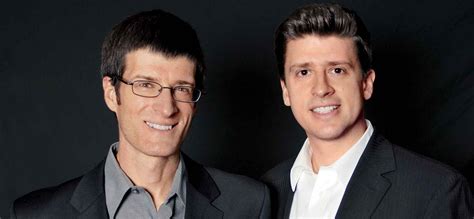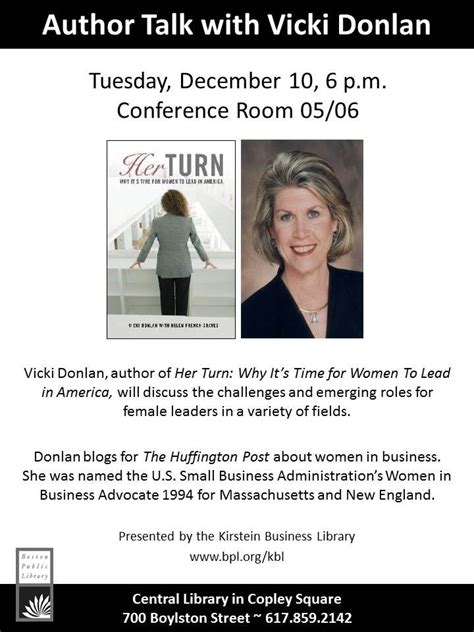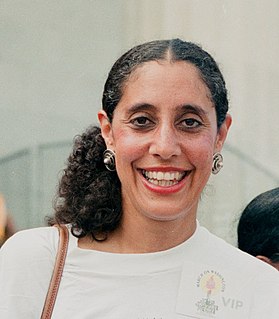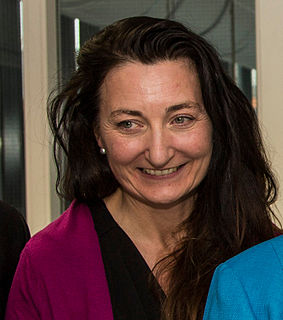A Quote by Chip Heath
Related Quotes
So when I say that I think we would have a different ethical level, particularly in corporate America, if there were more women involved, I mean that what women are best at is asking questions. Women ask questions over and over again. It drives men nuts. Women tend to ask the detailed questions; they want to know the answers.
If you don't understand, ask questions. If you're uncomfortable about asking questions, say you are uncomfortable about asking questions and then ask anyway. It's easy to tell when a question is coming from a good place. Then listen some more. Sometimes people just want to feel heard. Here's to possibilities of friendship and connection and understanding.
Whenever I'm giving talks, I always ask people to think of the most obscure questions because I enjoy those the most. I always get the same questions: Why does Pickwick say "plock" and will there be a movie? I like the really obscure questions because there's so much in the books. There are tons and tons of references and I like when people get the little ones and ask me about them. It's good for the audience [and also] they realize there's more there.


































